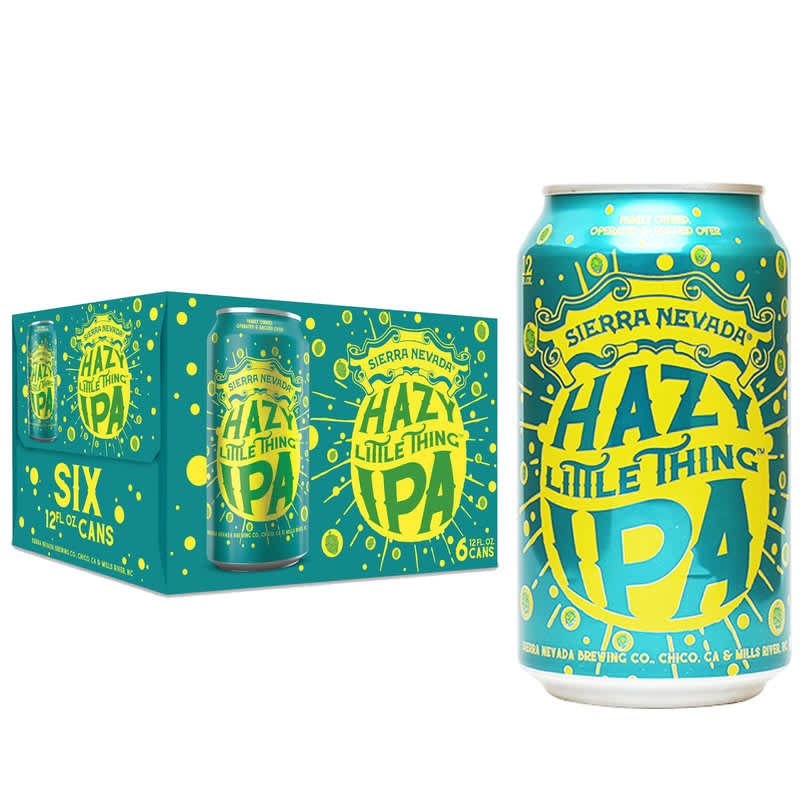If you haven’t had it before, kombucha has a unique taste. It can be described as a vinegary apple cider, depending on the ingredients added.
Kombucha, an ancient beverage with detoxifying and energizing properties, was first consumed by Chinese people more than 2,200 years ago. As trade routes expanded, the kombucha made its way into Russia before spreading to other Eastern European areas.
Further reading: Is apple cider vinegar really a wonder food?
During the Second World War, kombucha was introduced in Germany, and the 1950s, it became popular in France and North Africa. By the 1960s, Swiss scientists claimed that kombucha was beneficial for the gut in a similar way to yogurt.
How it is made
Kombucha can be made with either green or black tea. Additionally, white sugar is added, and it’s fermented for one to two weeks with a “tea mushroom” called a Symbiotic Culture of Acetic Acid (Vinegar) Bacteria and Yeast.
There are detailed scientific recipes for how to make kombucha. After a long period of incubation, the taste of kombucha will change from a fruity sparkling taste to a mild vinegary flavor.
The SCOBY, or tea fungus, is a type. Sterling College, CC BY
The fermentation is crucial because the SCOBY converts polyphenols – compounds found in fruits, vegetables, and tea – into other organic compounds. This process increases acidity, which stops other microorganisms from growing.
These new organic compounds are said to have health benefits that go beyond the ones found in black or green tea.
Fermentation is a process that occurs in the body.
The fermentation process increases the shelf life of kombucha as it does for other popular drinks and foods, such as cheeses, yogurts, sauerkrauts, kimchis, wine, and beer.
Beer and wine are alcoholic through fermentation, while kombucha contains less than 0.5%. Food Standards Australian & New Zealand classifies food and beverages below 0.5% alcohol as non-alcoholic.
The SCOBY produces ethanol, which is the alcohol that you can drink. This happens when the bacteria and yeasts interact through a process known as glycolysis. The acetic bacteria in the SCOBY use the ethanol produced by the yeasts and bacteria to produce vinegar, which is acetic acid. This contributes to the sourness of the alcohol.
Gut Health
Healthy bacteria are found in foods that have been lightly fermented. These bacteria are believed to colonize the gut. According to early research, these bacteria may help improve our mood, stress levels, weight, and food cravings.
It’s not necessary to ingest healthy bacteria in order for them to colonize or live permanently in the gut. To reap the benefits of probiotics (foods containing live bacteria), you need to continue taking them.
Further reading – Poo transplants and probiotics – does anything work to improve the health of our gut?
There is some evidence that probiotics can be useful in some groups of people, such as those who suffer from certain gut problems like C. difficile infection. However, the effect on other diseases like inflammatory bowel disease is uncertain.
Probiotics may or may not be beneficial to the general population. Kombucha, or even yogurt for that matter, won’t improve your gut health. The best way to maintain gut health is by eating a variety of nutritious foods.
Tests for other health claims
Google will reveal many health benefits of kombucha. Some of these include detoxifying blood, reducing levels of cholesterol, reducing blood pressure, protecting against people with diabetes, having antibacterial effects, and counteracting aging.
We prefer to see studies done on humans rather than animals when scientists are evaluating the effects of a food nutrient. In many “lab bench” experiments, the first step is to look at isolated cells. Then, they may move on to animals. The evidence is limited since human biological systems are usually different.
No human studies have been conducted to test the health claims made by kombucha. Rob Campbell, CC BY-NC
There is no published evidence for kombucha. Only animal and lab bench studies are available. There are no published human clinical studies on kombucha.
The two reviews of animal and lab studies on kombucha, 2014 and 2000, suggest that the drink has antimicrobial and antioxidant properties, as well as anti-cancer and anti-diabetic.
These reviews note that kombucha may also be used as a treatment for gastric ulcers and high cholesterol and to improve the immune system and liver detoxification. They do not tell us yet if these results translate to humans.
DSL (Dsaccharic Acid-1,4-lactone), a chemical found in kombucha, is the component that may be most beneficial. DSL is capable of inhibiting b-glucuronidase, an enzyme that may be associated with cancer growth. This has yet to be shown in humans.
However, lab-bench experiments detected polyphenols, acids, and vitamins found in green and black tea.
What is the verdict?
According to the available evidence, the health benefits of kombucha may be similar to those of drinking tea or fermented foods. Continue drinking kombucha if it is your favorite. If you prefer black or green teas, you can continue to consume them for good reasons.
Although some promising properties have been demonstrated in animal and lab studies, this does not mean that they will be seen in humans.
Read more: What science says about getting the most out of your tea
Keep in mind that some of the kombuchas on the market have fruit juice added after the fermentation process, which will contribute to your overall sugar intake. The amount of sugar in these varieties can range from 10-15g per serving (two to three teaspoons), so if you have regular tea without sugar, drinking kombucha will increase your sugar intake.




